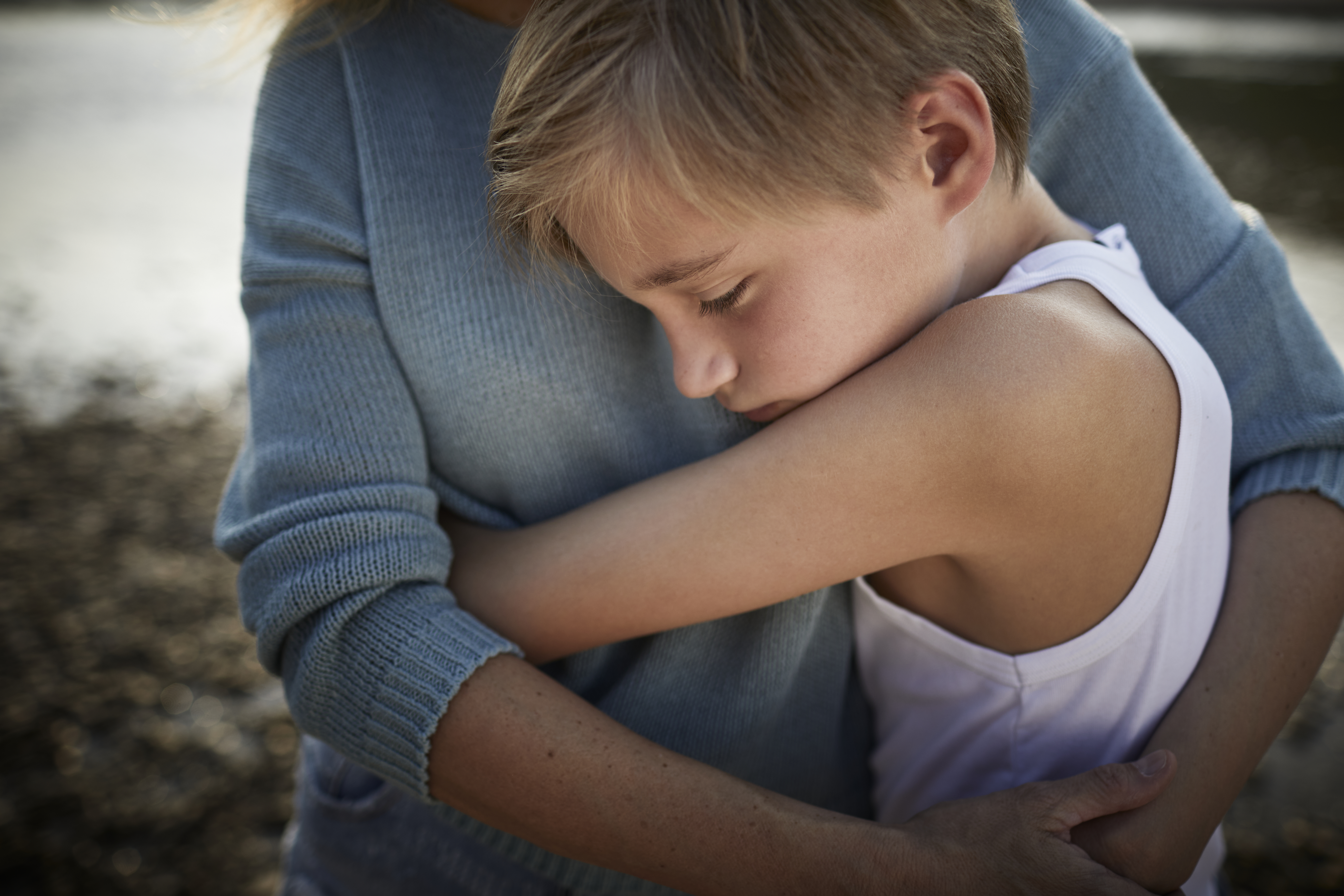Camp Good Mourning: Helping Children Deal with Loss on Shelter Island

Camp Good Mourning held its bereavement camp for the 2024 fall season October 25 for the weekend at Camp Quinipet in Shelter Island Heights. For ages 7-17, children across Long Island come to experience a weekend escape from the pain of losing a parent or sibling.
Camp Good Mourning believes no child should have to grieve alone. Although it began in 2018, the camps didn’t start until after the start of the COVID-19 pandemic. This camp is the only 501c3 nonprofit organization that provides free, overnight, weekend bereavement camp programs on Long Island. These weekend getaways take place in the fall and spring seasons to allow the campers a break during the school year and expand services instead of duplicating due to other programs running in the summertime. The camp is entirely run by volunteers and donations to make sure no child is left behind. This camp gives the children a chance to get away while also having the chance to grieve with new friends going through similar situations.
Camp Good Mourning may seem like a typical camp for children, but it’s more than that. Founder Paul Rubin said, “We have all the typical activities. We have basketball, volleyball, a gaga pit, kids can go fishing off the dock, we have a big bonfire and the kids can make smores and we sing crazy camp songs.”
What makes them different is the four support groups they hold for the campers with each one focusing on a different topic or theme. To get the campers comfortable they start out with ice breakers with campers and volunteers to get to know each other. Then they begin their support groups by allowing the kids to talk about their grief stories, “Kids don’t typically have the opportunity to talk about their person, that special person, whether it’s at home or at school and that’s the big reason why we have camp,” said Rubin.
The other support groups give campers the opportunity to explore their feelings through different activities, identify healthy and unhealthy coping skills and how in different ways they can stay connected to their loved one or special person. They encourage the campers to keep a relationship going even though that person is no longer alive. “Sometimes it isn’t always a loved one. We’ve had murders, complicated relationships between kids and their parents so it’s not always a loved one,” he said.
All of these activities are not forced upon the campers and are all participation by choice. They hold a sacred ceremony where kids can honor their loved ones or special person. Here each participant is given an index card where they can write a note to their special person. From here the participants will then take their note or drawing and throw it into the bonfire in memory of their loved one. Afterwards, a video montage of their person sent in by their caregivers will play.
Rubin began Camp Good Mourning after years of participating in other bereavement camps in the tri-state area, yet found that Long Island lacked a camp that had an overnight stay for campers. “That overnight component forges friendships and builds bonds, that’s so helpful to the kids. Kids literally make best friends at camp,” he said.
Due to the different stages and phases of life that are affected by grief, no child is denied to come multiple times. Grief is something that can affect a person for life. They may not come back for all camps, but they’re eligible for all.
Kathleen Williams Sisti who is the Support Group Leader got involved with the camp around four years ago after meeting Rubin at a daytime bereavement program. With a background as an LMSW, licensed master social worker, allowed her to be a group facilitator for the support groups throughout the camp.
Sisti had been interested in working with bereavement groups due to her own live experiences. “My Dad was a New York City fireman and a survivor on 9/11. When I was in school, I was in eleventh grade when it happened, we watched the Twin Towers fall on the tv. I remember that sinking feeling in my chest not knowing if my Dad was gonna come home that night or if he died. I was one of the fortunate ones to have my dad come home, that feeling never went away. I never forgot about that feeling,” she said.
Sisti saw how the kids of parents that didn’t survive that day struggled for years, making her want to give back to those who have experienced such a loss.
The future is bright for Camp Good Mourning being they’ve only just begun less than 10 years ago. The camp hopes to expand their services to reach as many kids as possible. According to Rubin, statistically there are two students in every classroom who have experienced the death of a loved one, and they’re here to provide a safe space for them to grieve.
Camp Good Mourning is here to hold a child’s hand through the long grieving process they will face within their lives.
For more information and to donate, visit their website campgoodmourning.org



